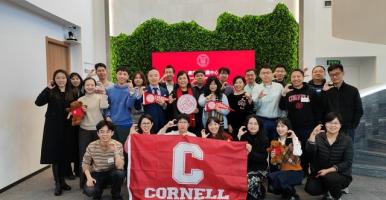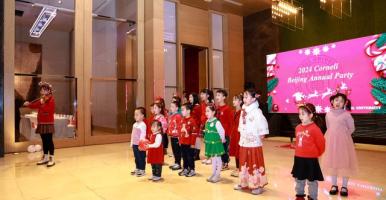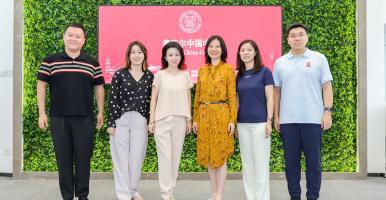News
News on Cornell collaborations with Mainland China, Hong Kong, Macao, and Taiwan
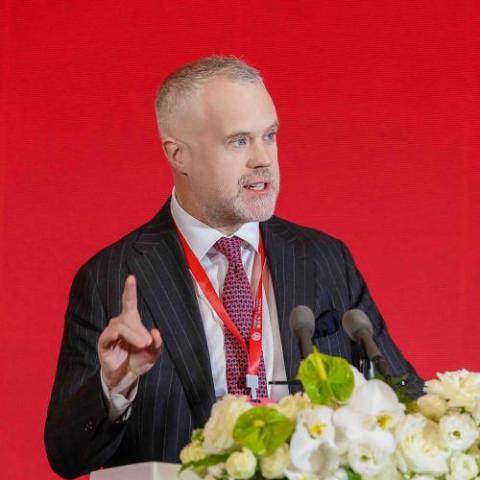
The China and Asia-Pacific Studies program celebrated its 20th anniversary in 2025.
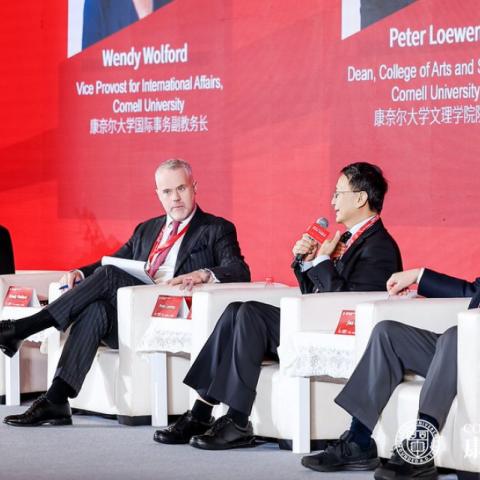
The forum brought together Cornellians and Chinese colleagues to explore the changing landscape of global higher education, sustainable development, and aging societies.
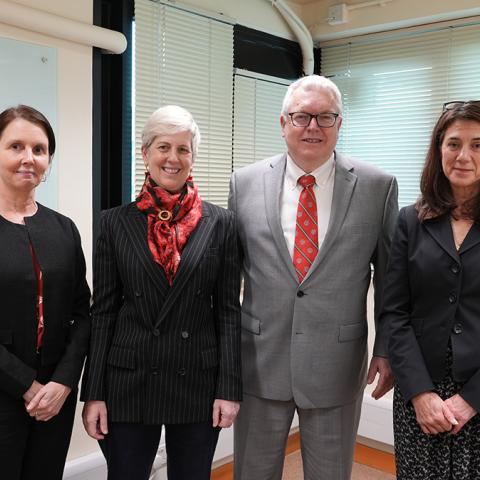
CityUHK's vet college welcomed Cornell leaders to campus in November 2025 to explore new frontiers for joint research and education.

This US-China collaboration found that bonuses can be a losing strategy for the stakeholders involved in the platform operations.
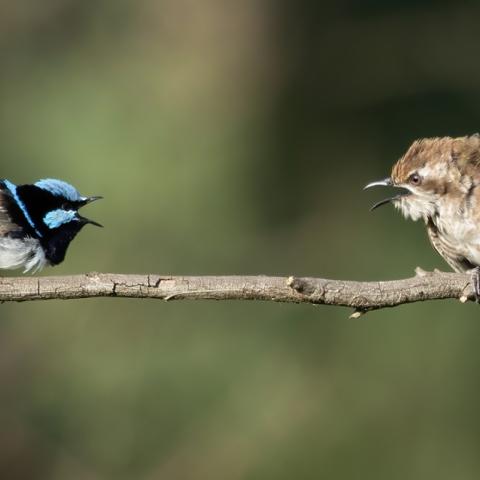
This international collaboration investigated how bird learned languages have evolved through integrating instinctive and learned elements.
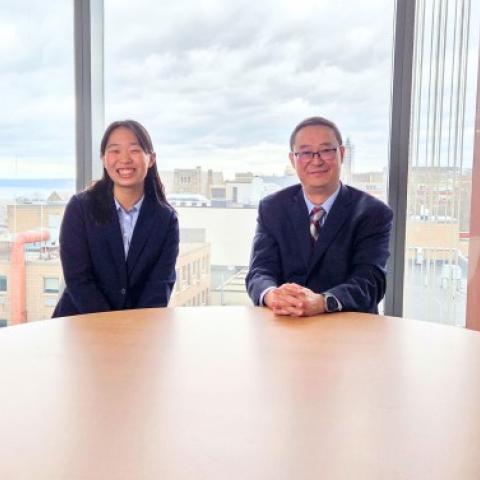
New TA awards recognize excellence in graduate teaching and the important role that TAs play in the classroom.
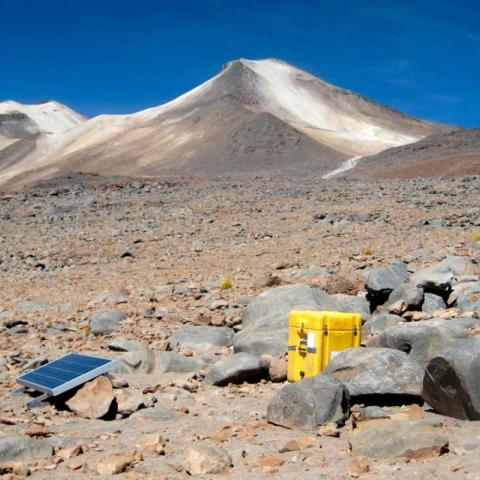
Collaborative research studied a dormant volcano's underground activity using seismology and rock analysis.
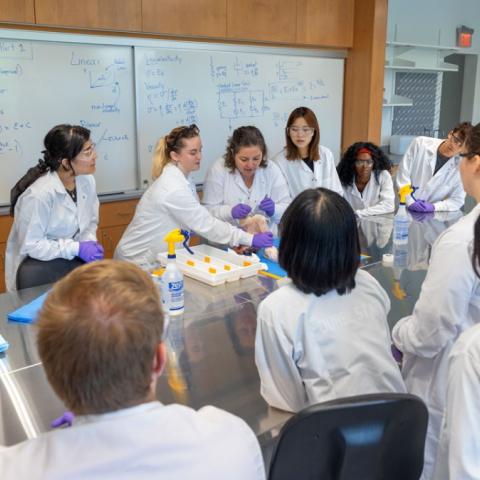
A new Engineering Quad building gifted by Martin Y. Tang ’70 and Margaret Lee Tang will enhance the college's work.

Interviews of 350 American and Chinese children found differences in perceptions of past and future actions and reputation.
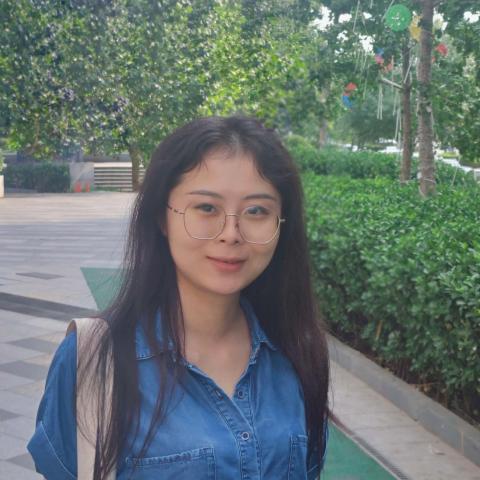
Cornell PhD student Yuanxue Jing in Asian literature, religion, and culture conducted summer research at the Youyan Archives in Beijing.

Cornell Dean Jinhua Zhao and Chinese collaborators found that anti-pollution face masks can protect health and are worth the cost.
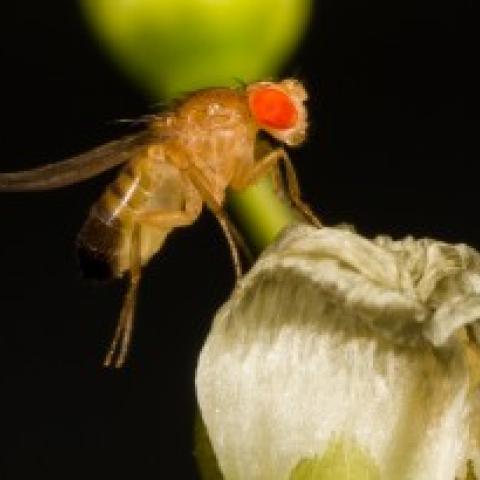
Researchers at Cornell and Peking University genetically isolated Chinese fruit-fly populations.
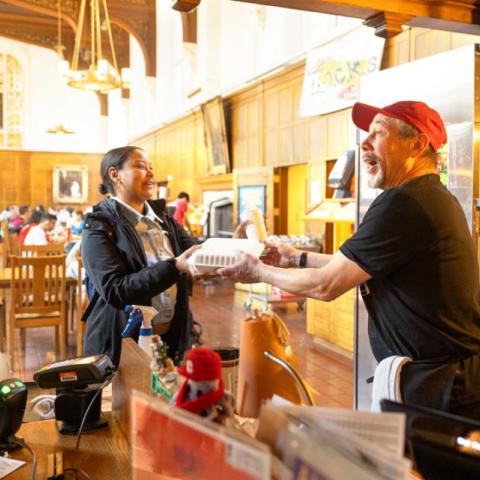
Dining hall worker Garry Gale has studied Chinese and creates an inclusive, welcoming environment for Chinese students in his Cornell dining hall.
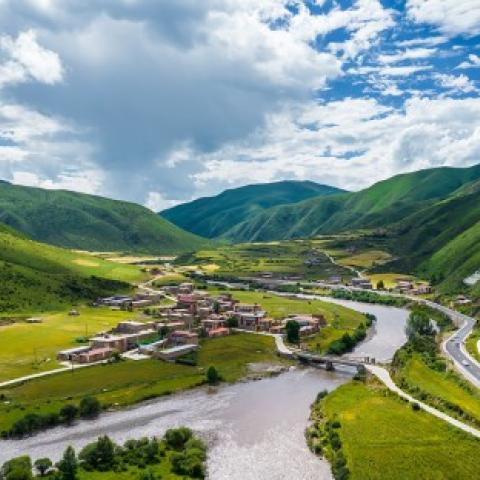
Engineer professor Stefano Galelli and colleagues (including coauthors in Dalian, China) quantified how decarbonizing the China Southern Power Grid will negatively impact river basins and reduce cropland.
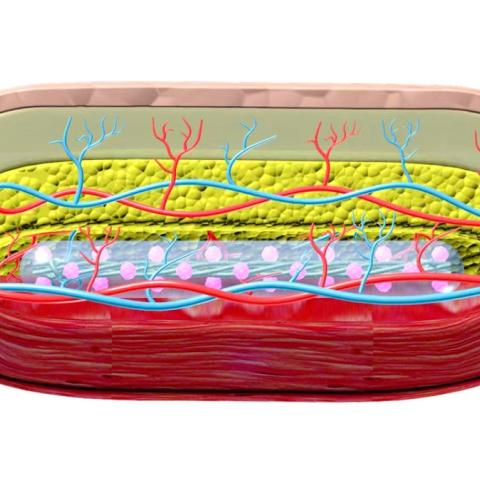
An international collaboration has created a new technique to treat Type 1 diabetes.
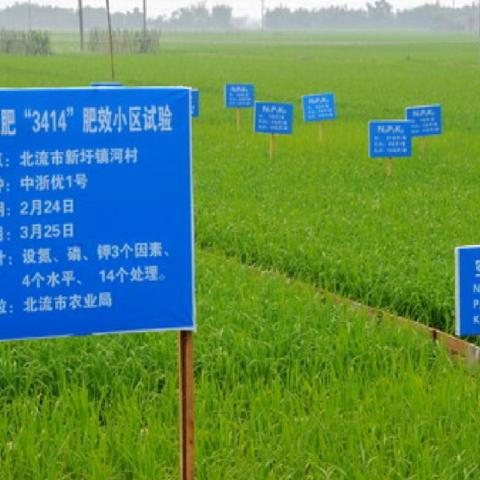
A Cornell-China research collaboration showed that the widespread belief that storing organic carbon in soils would generate large co-benefits to crop productivity is misguided.
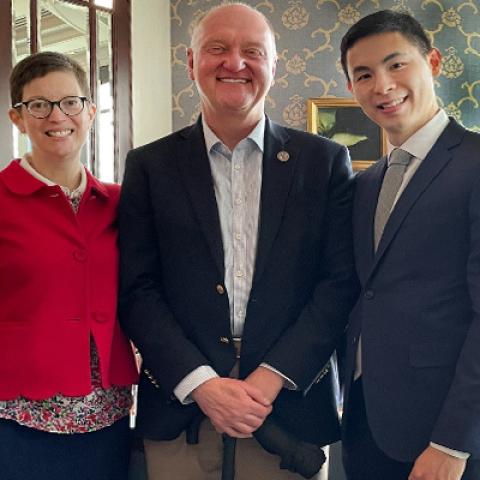
Justin Wai ’06 made a $1 million gift to establish a dean’s discretionary fund at the Cornell SC Johnson College of Business.
A study by Cornell and Zhejiang University scientists of 336 cities in China concluded that heat-retaining buildings and pavement are directly related to a loss in bird diversity.
Joint US-China research shows that smoke particulates from wildfires could lead many deaths and cost billions per year in the United States.
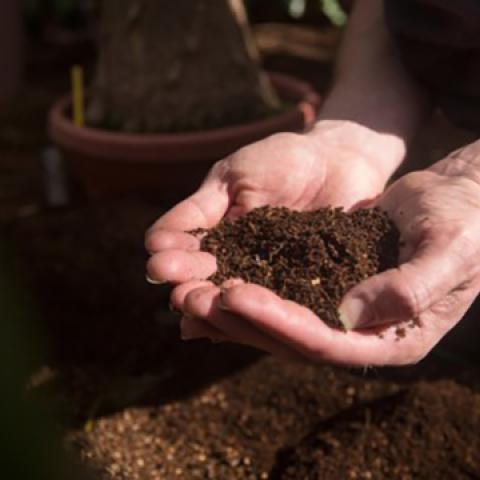
US-China research shows that microbes are the most important factor in determining how much carbon is stored in the soil.
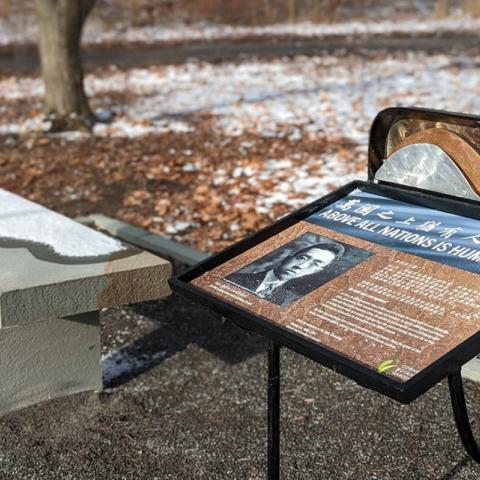
In admiration of Hu Shih '14, an outdoor seating area for quiet and contemplation was erected by Beebe Lake.
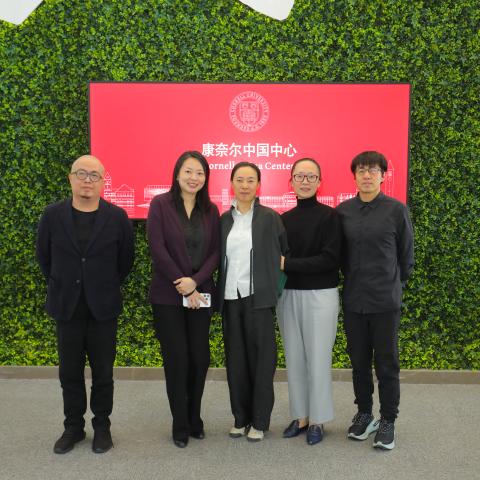
This panel at our Beijing center highlighted Chinese architects' collaborative design work with local communities and craftsmen, government agencies and outside experts.
This symposium "FRINGE: New Centers for Architecture and Urbanism" includes hybrid panels both in the U.S. and at the Cornell China Center (Beijing).
Researchers from Cornell and Zhejiang University found that broccoli heads don’t develop properly and can resemble cauliflower when grown in higher temperatures.
Chemistry researchers at Cornell and Sichuan University made an innovative discovery: by changing the type of electrochemical reactor, they could produce two different products useful in medicinal chemistry.

